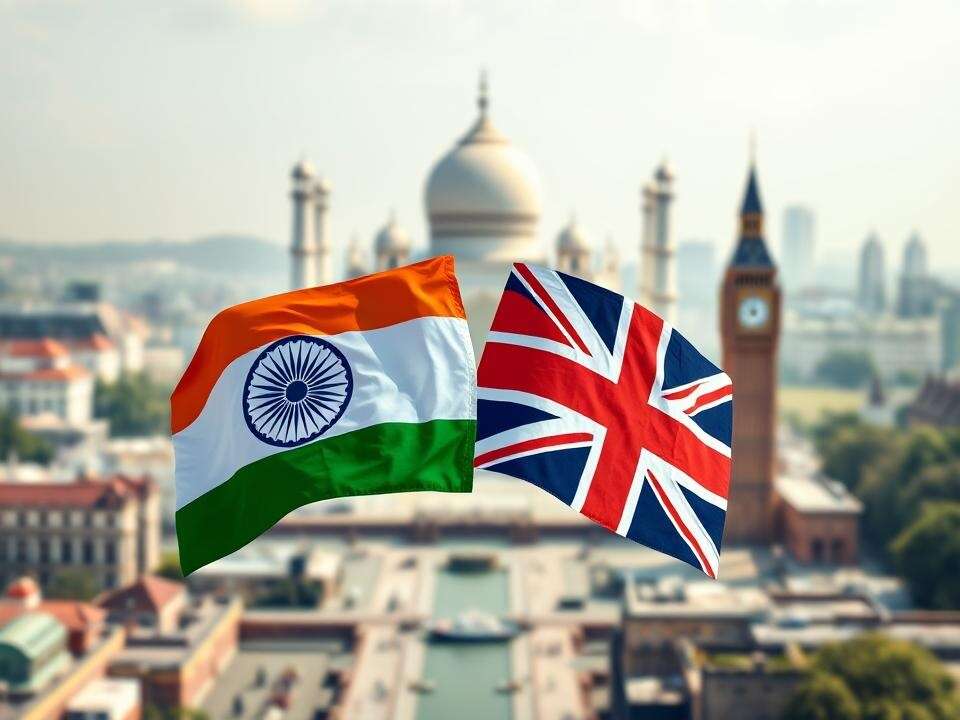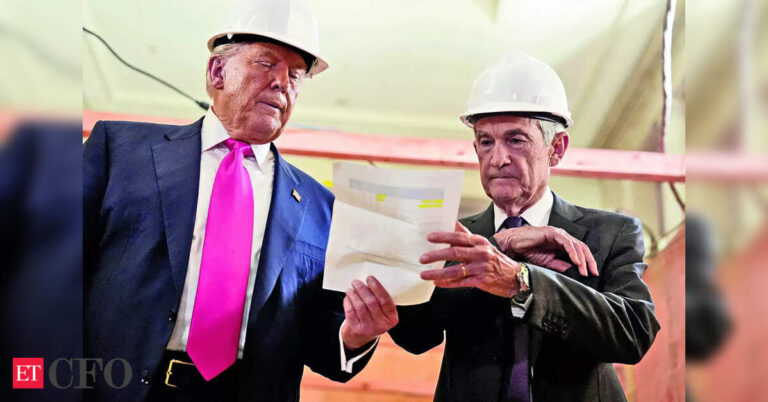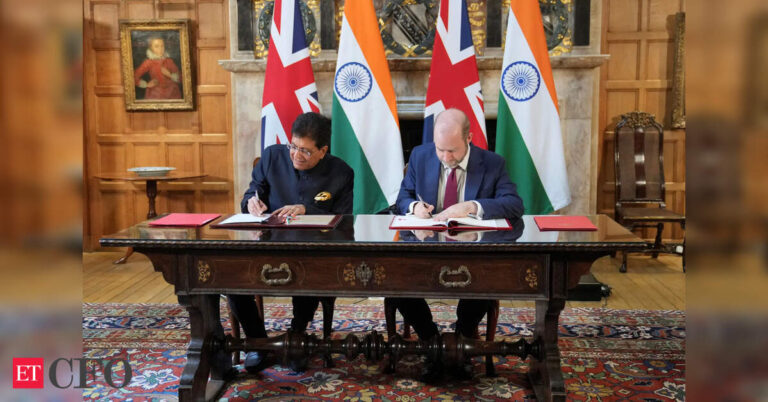Summary: Which Indian sectors are expected to benefit the most from zero-duty access to the UK market? How will expanded services commitments and eased mobility rules impact professionals and service exporters? And what does the agreement signal about India’s broader trade and manufacturing strategy with developed economies? We explain the India–UK Comprehensive Economic and Trade Agreement (CETA) and its implications for Indian businesses.

The Comprehensive Economic and Trade Agreement (CETA) signed between India and the United Kingdom on July 24 is being seen by industry and policy experts as a transformative step in India’s trade diplomacy. The agreement is expected to significantly boost Indian exports, lower overseas operational costs, and improve professional mobility to the UK, with gains spanning manufacturing, services, logistics, and MSMEs.
The agreement was signed by Commerce and Industry Minister Piyush Goyal and UK Secretary of State for Business and Trade Jonathan Reynolds in the presence of Prime Minister Narendra Modi and UK Prime Minister Keir Starmer. It follows the conclusion of negotiations in May 2025 and is India’s most comprehensive trade deal with a developed economy to date.
Key Provisions: What the Deal Offers
According to the Ministry of Commerce and Industry, CETA offers zero-duty market access to the UK for 99% of Indian exports by tariff lines, covering nearly the entire trade value.
“This CETA marks a milestone in India’s engagement with a major developed economy,” said Piyush Goyal, calling it “a catalyst for inclusive growth.”
Major provisions include:
Zero-duty access for Indian goods: Textiles, leather, footwear, marine products, toys, gems and jewellery, and sports goods will gain significant advantage through duty-free entry into the UK.
Liberalised services market: The UK has offered its most extensive services commitments to India in any bilateral trade agreement, covering IT/ITeS, financial, legal, educational, telecom, architectural, and consulting services.
Global mobility for Indian professionals: The pact simplifies visa procedures and enhances entry pathways for contractual service suppliers, intra-corporate transferees, business visitors, and independent professionals such as chefs, yoga instructors, engineers, and musicians.
Double Contribution Convention (DCC): Indian workers and their employers will be exempt from UK social security contributions for up to three years, a measure estimated to save Indian companies and professionals ₹4,000 crore annually, as per industry estimates.
Phased UK market access: India will gradually lower tariffs on UK exports including Scotch whisky, premium and electric vehicles, and cosmetics, enabling British goods to access India’s growing consumer base.
MSME and inclusive growth focus: The agreement includes commitments to promote women-led businesses, artisans, farmers, and startups, while encouraging sustainability, digital trade, and clean energy cooperation.

Industry Response: Positive Outlook Across Sectors
Industry leaders and sector experts have broadly welcomed the agreement, viewing it as both economically and strategically significant.
According to Sanjay Nayar, President of ASSOCHAM, “The CETA will boost our export competitiveness in manufacturing sectors such as textiles and leather while also opening new avenues in innovation and services. It aligns with India’s goal of becoming a global manufacturing and knowledge hub.”
Shashi Kiran Shetty, Chairman, Allcargo Group, believes the pact will improve logistics efficiency. “Lower trade barriers and faster clearances at ports and airports will help build stronger global supply chain linkages. This strengthens India’s role in international trade networks.”
As per Ashishkumar Chauhan, MD & CEO of NSE, “This agreement lowers trade costs and gives Indian exporters access to a high-value market. The exemption from UK social security taxes is a major relief for Indian professionals, significantly boosting their take-home pay.”
Rahul Shekhar, Partner – Indirect Tax at Nangia Andersen LLP, stated the agreement complements India’s ‘Make in India’ and ‘Atmanirbhar Bharat’ policies. “While Indian exports benefit from tariff elimination, UK firms gain structured access to a $3.7 trillion Indian market. This supports export-led growth and job creation.”
Amit Baid, Head of Tax at BTG Advaya, said that while the market access commitments are substantial, the success of the agreement will depend on its implementation. “Indian goods like engineering products and seafood are expected to gain ground in the UK, while the Indian market will see more affordable UK luxury imports.”
Sunil Kharbanda, Co-founder and COO of TreZix, a trade compliance platform, noted the digital and operational advantages. “By streamlining compliance, this agreement makes it easier for MSMEs and exporters to operate across borders. It’s a modern trade pact geared for technology-led scale.”
Rahul Mehta, Chief Mentor, Clothing Manufacturers Association of India (CMAI) said “Duty-free imports from UK will also raise the bar for Indian Brands and Retailers to up their quality, service, and Brand propositions – all of which will benefit the Indian Consumer”
Strategic Importance and Global Context
With both nations aiming to double bilateral trade from $56 billion to $120 billion by 2030, the CETA lays out a forward-looking template for India’s future free trade agreements with developed economies. Government officials say the agreement reflects a shift toward rules-based, inclusive, and strategic trade cooperation.
The deal also covers frameworks for joint R&D, clean energy transition, digital trade facilitation, and defence and security collaboration—expanding its scope well beyond tariff concessions.
“This is not just a trade agreement, but a strategic partnership that strengthens India’s presence in global value chains,” noted a senior government official.
As India continues negotiations with the European Union, United States, Canada, and Japan, CETA could serve as a model for balancing domestic priorities with global competitiveness.























